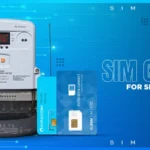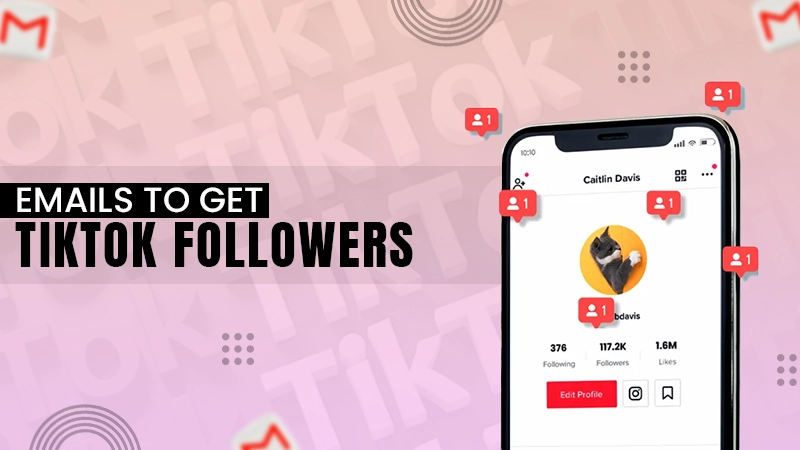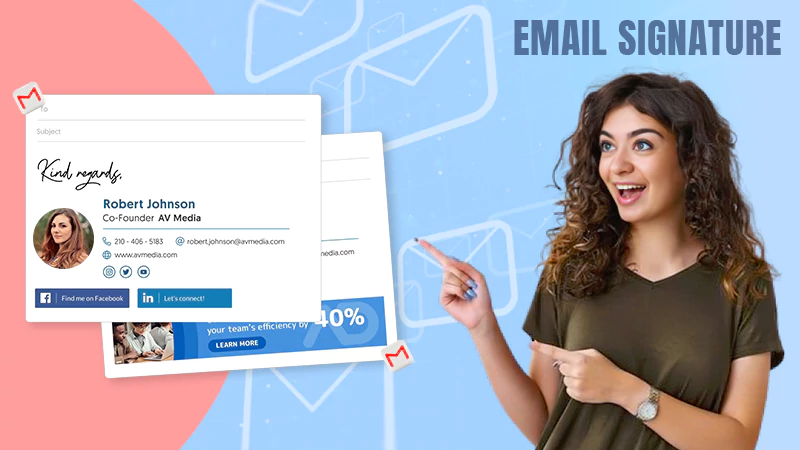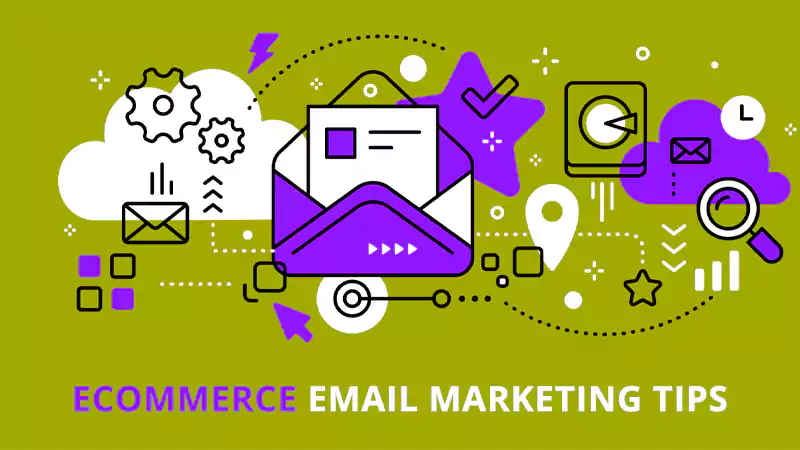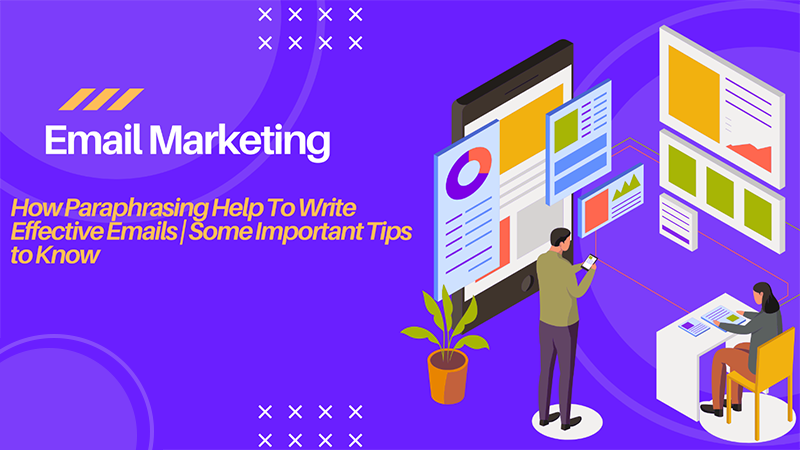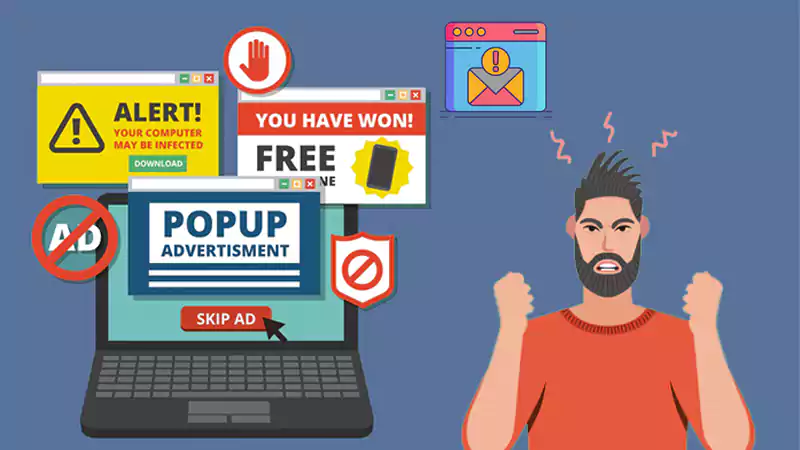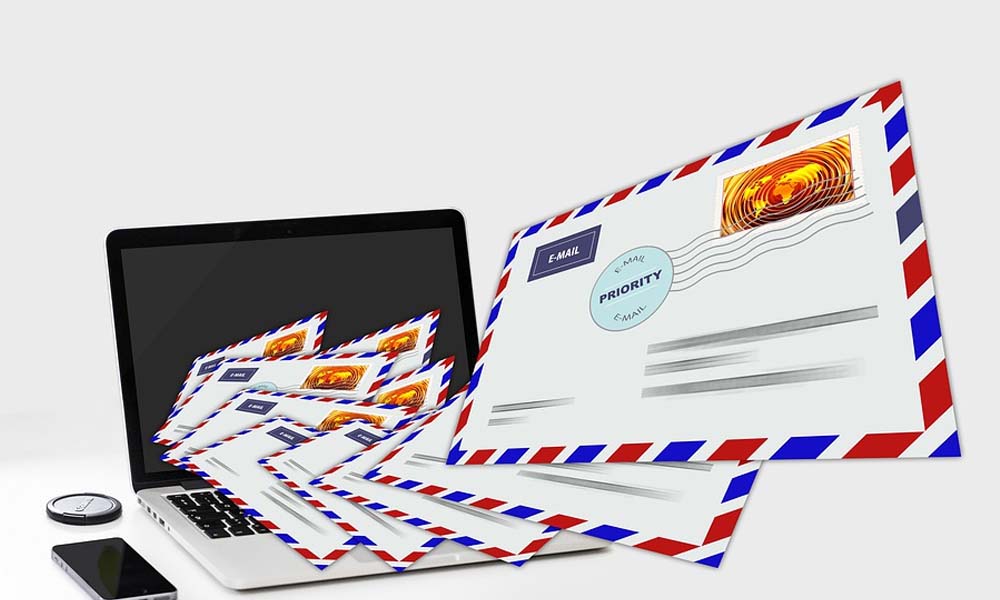Great steps for all writers to assist you to attain the best steps when charged with cold email writing and some of the benefits that you stand to gain from using such techniques.
You might ask yourself a couple of times the definition of the term cold email. If you did not know, it is a way of starting and maintaining business relationships. To better understand the meaning of cold email, you might consider thinking of how various business relationships are created and nurtured in the offline world. Indeed, you will agree that almost every relationship starts with a conversation. Cold emails are used to begin dialogues in the online world, and they entail messages set to a person who knows very little about the company. Apparently, it is called a cold lead since it is the first time they get to hear about the enterprise. The primary objective of using a cold email is not to instigate an instant conversation but to build a relationship from strangers to potential business partners. Cold emails have come a long way since their first introduction in making sales. In the past, the primary objective for sending cold emails was to notify potential clients of the different offers. A single generic message would be sent to many people without personalization with the help of a bulk email sender.
Before we continue any further, understandably, as a student, you might find it challenging to complete your massive pile of assignments once in a while. If you find yourself in this situation, you might consider seeking help from the right people and places instead of panicking. Peachy Essay is a custom writing company that strives to help students complete various types of assignments. Therefore, you should not allow yourself to struggle while companies are willing and ready to offer students all forms of academic assistance. Regarding cold emails, it is vital to note that the technique aided most enterprises in making sales. Unfortunately, most companies realized the wonders of the technique, and hence messages from various companies started flooding the prospect’s boxes. With time, the sales approach became less effective.
How Effective Are Cold Emails
In the current generation, the most important thing is creating and nurturing relationships with potential clients. Instead of concentrating on your service or product, a cold email should focus on the recipient. You can easily win the prospect’s interest by focusing on personalization. Apparently, the more you learn about your prospects, the easier it will be for you to formulate a perfect message tailored toward a specific segment. When writing an email, it is recommended that you go through a series of steps that will ensure you craft the best possible message.
Get a Little Bit Personal
I feel a sense of connection when I read an email that is addressed to me using my name. I believe there is nothing worse than receiving an email addressed “Dear Sir/Madam.” Sometimes, I might close the email and return to it later. If you are addressing an email to someone, you should at least make an effort and research their names, regardless of whether you have met them before or not. A person is more likely to read and respond to your email if you have addressed it to them using their names compared to if you just used the word, sir or madam.
Avoid Sending the Same Email to More Than Two People
One of the secrets most people do not know is that you should avoid sending the exact email to many people. Sometimes, it might make you appear lazy, and hence, the chances of the email being effective will be very low. Instead, it would be best if you spared sufficient time to write a personalized note. The funny thing is that people can always tell the difference between a group and a personalized email. Therefore, you should always strive to make an effort and create a customized email.
Come Up with a Great Subject Line
The first impression always means a lot. It is vital to note that the subject line is the first thing the recipient will see the first time they see your email’s notification. Therefore, you should strive as much as possible to ensure that it instigates some curiosity. Unfortunately, a poorly written subject line or paragraph might make the addressee delete the email before reading it. Worse of it all, the recipient might mark your email as SPAM, which will automatically stop you from reaching out or communicating with them in the future.
Communicate Your Point ASAP
According to researchers, a person’s average attention span is eight seconds. Therefore, when you email a person, you need to grab their attention with your first two sentences. You should avoid making the mistake of putting critical information at the end of the email. It would be best always to strive to engage and excite your audience with something witty at the beginning of your first paragraph. You should talk about something they will want to read till the end.
Concentrate on the Advantages Instead of the Features
When you are describing a product to the client, you should avoid talking about how great it is and instead state the benefits they stand to enjoy. On the same note, you should strive to be enthusiastic, and specific and ensure that the email is as natural as possible.
Conclude with a Call to Action
You should conclude your email by stating what you want the prospect to do. Do you want them to respond to your email, proceed to your website, or make a call? It would be best if you always strived to be clear on what you want to achieve. Ensure that you have a single call to action.
The Follow-Up
Generally, there is no doubt that most cold emails will be ignored. This is one of the reasons you should always strive to make a follow-up with your prospect. Instead of just asking them if they had the chance to go through the email, you should always strive to send them emails with interesting articles.
In conclusion, although cold emails are not as effective as they used to be in the past, they could still be used to communicate a particular message. Essentially, effective communication plays a significant role in every business entity, whether big or small.


